Introduction to the Psychology And Implications of Social Anxiety
Social anxiety is a feeling or experience characterized by either unease or discomfort in interacting with others. It can be very difficult to endure for long periods of time.
Its effects can be felt both in our minds and in our behavior. We feel nervous when we are around others, and we behave in a way that is understandable and appropriate to this atmosphere.
This feeling cannot be ignored, even if you do not feel like talking to people or meeting them is easy and pleasant. Even if you do not know what they will say, you still feel comfortable talking to them because of the atmosphere.
This is a good thing! People with anxiety diagnoses are usually aware that something is wrong, but it is not an easy conversation to have or take.
This article will talk about the implications of this feeling and how you can work on your own accord on how much anxiety you have.
What is social anxiety?
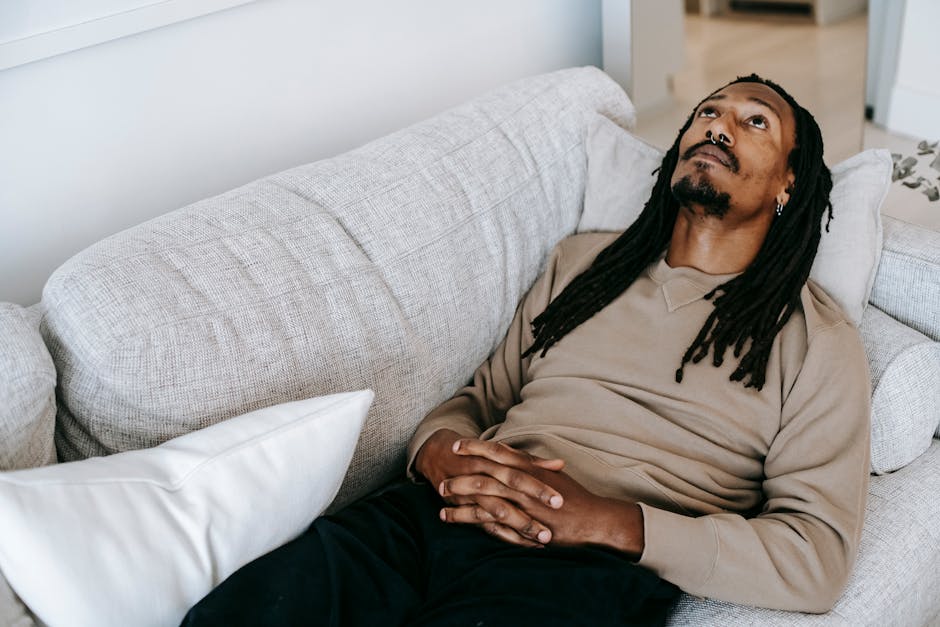
Social anxiety is a fear of interacting with or performing in front of other people. It can limit your ability to interact with others and say the wrong thing or action, and it can seriously affect your health and well-being.
This can be a permanent condition or impact your performance in specific situations. Regardless, there are ways to address this and get back into a comfortable environment.
This includes how you feel about being in public, how nervous you are about it, what things make you nervous, and how you deal with it.
How much business you’re looking forward to tomorrow is a measure of how much money you’re spending on business today. If Thursday is more business-focused than Friday, then Friday should be more money-focused than Saturday!
On the flip side, if Thursday were more social than Saturday, then Friday would be more restful than Saturday. Friday is the most money–oriented day of the week.
How does social anxiety occur?
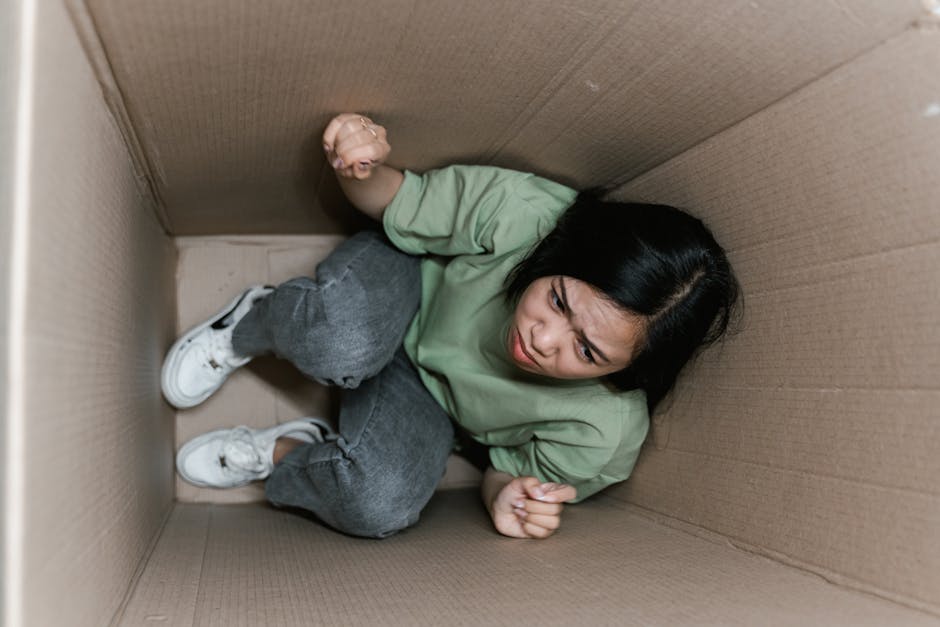
People with social anxiety tend to feel nervous around other people, and they can be too polite or inappropriate with others. This occurs for several reasons, but the most prominent is that people with anxiety feel socially awkward.
This happens for many reasons. People with anxiety feel awkward when interacting with others, but not always in the way they expect. They may think that someone would recognize them or that they would be fun to talk to, but this is not always the case.
Some people with social anxiety even think that people are more impressed by how quiet they are. They are, and this can lead to unnecessary embarrassment. This can also happen when someone isn’t looking enough like someone with social anxiety, which is ridiculous!
This can occur in short- and long-term situations, making it hard to treat.
What are the symptoms of social anxiety?
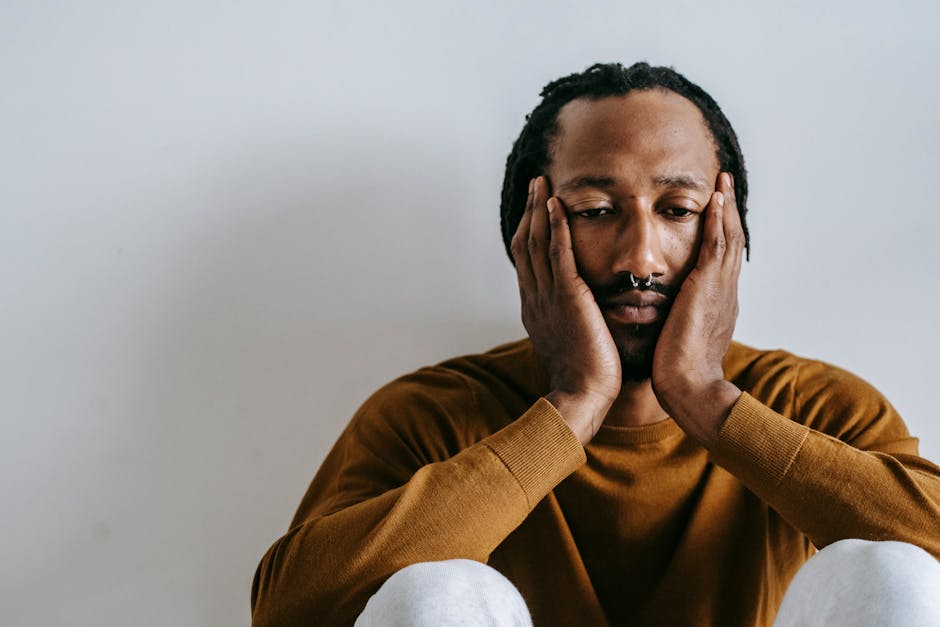
Social anxiety is a subjective and permanently changeable psychological condition. It is characterized by fears and concerns about inappropriateness or embarrassment related to social interaction.
It is most common in people between the ages of 25 and 35. Between the ages of 18 and 24, it was more common than in the rest of its lifespan.
It typically begins when young adulthood transitions into middle age, where the job market is more established.
Middle age is when many people begin to live with living with a family, own a home, and pay off major debt obligations. This can be a double whammy as you also have to deal with social anxiety on top of other stresses in life.
Who gets social anxiety?
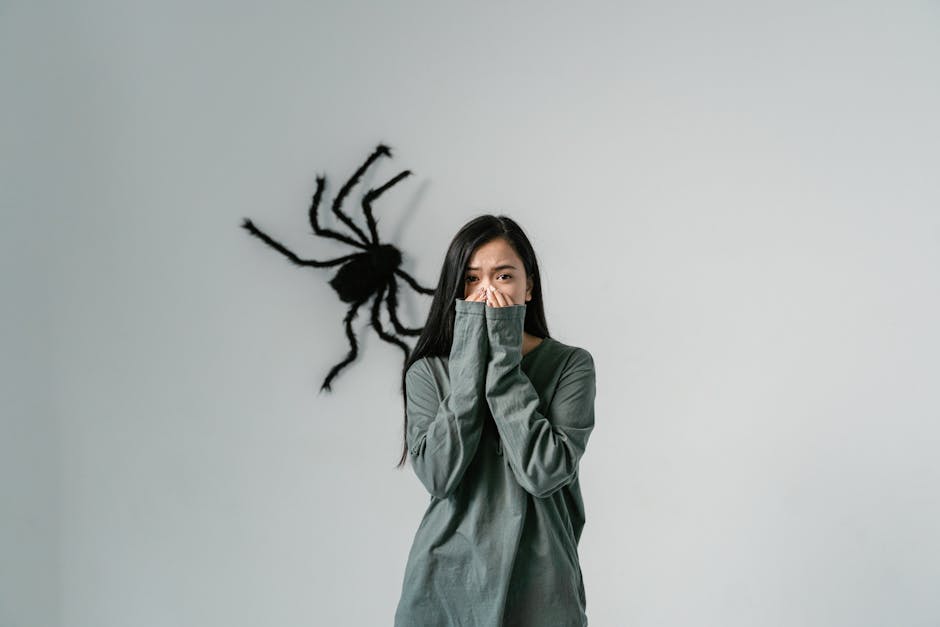
Social anxiety affects both men and women to some degree. It is more common in women than men due to many factors, such as social media and contemporary society’s emphasis on beauty and popularity.
Its effects can be harder to spot in people with non-anxious social behavior, like starting conversations with people or attending a meeting where you have a positive impression of yourself. This is because people with anxiety don’t always recognize how much effort it takes to maintain a conversation with a person, which is why they tend to avoid meetings and events as much as possible.
Because of how anxiety makes us feel when we’re around others, people who have anxiety often feel awkward around others. They may feel nervous, be afraid of what they say or do, or feel compelled to hide away. This can last for years!
It’s essential for everyone to understand the signs of anxiety and how to help someone without being judged or making them feel more comfortable.
Can anything be done about it?

You can learn more about it and understand its effects on you by becoming aware of your fears and by working on getting better when you feel anxious.
This includes becoming familiar with your fears, learning how to manage them without freaking out, and practicing coping when the times call for a change in behavior.
What is the link between psychology and social anxiety?
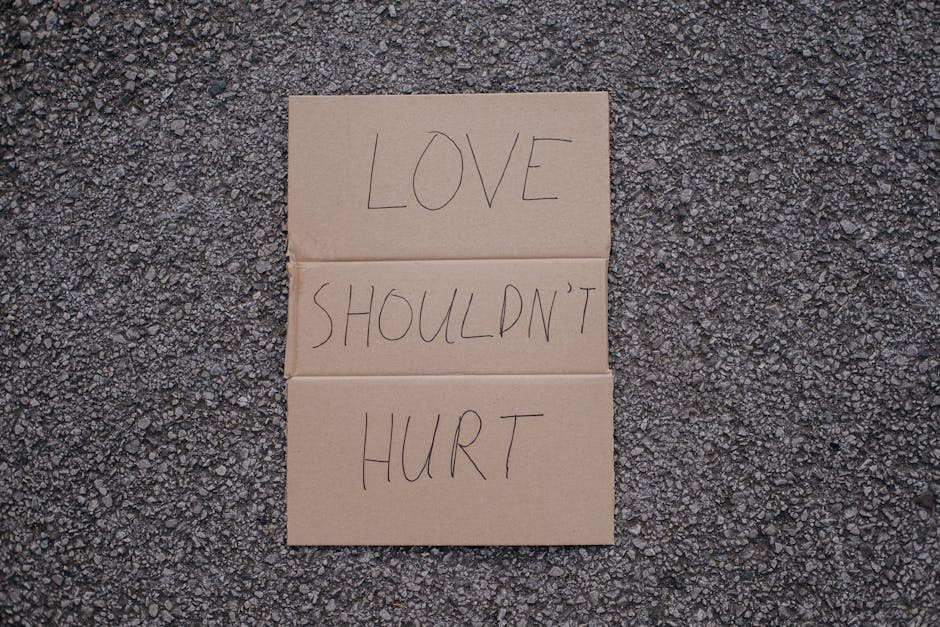
The link between stress hormones and anxiety is well-documented. People may experience feelings of stress and tension, which can create a loop of elevated stress hormones and decreased immune system function.
People with anxiety disorders experience higher levels of stress than those without the disorder. This can continue to impact them even after they suffer from anxiety disorders, as they struggle with other health issues, such as chronic pain.
How does the link between psychology and anxiety affect you?
It can make you feel like you don’t deserve positive reinforcement or that you are inadequate when you receive negative feedback from others. This can last for years, making it hard to implement new habits or get attention from outside sources.
It can make you feel like you are not good enough when people tell you how cool or funny your behavior is or that they think you are an example of how anyone could do something.
How can one treat social anxiety?

First, one should realize that anxiety can be treated. There are many forms of treatment, some of which are cognitive, some of which are behavioral, and some of which are medical. This takes time.
That means no one can sit down and feel less anxious in front of others! Instead, one can use relaxation techniques and/or self-help materials to reduce their anxiety in social situations and improve their moods and overall well-being.
Second, one should not attempt to “beat” their anxiety. This merely pushes the symptoms outwards instead of taking them away.
Thirdly, neither medication nor self-help materials will replace real-life experiences. You will always find things that make you anxious or uncomfortable regardless of what medication or nonmedicinal (self-help) treatments they are.
What are the implications of having social anxiety?

One of the most significant consequences of having an anxiety disorder is that it can damage your social and cognitive functioning. This can be even more true for people with severe anxiety disorders.
As you can imagine, having a sense of fear or discomfort when being around others is highly detrimental to your functioning in society. It makes you feel awkward or fearful about what others might say or do, and it may prevent you from engaging in certain activities, such as going to a party or meeting.
It also has a negative impact on your quality of life, as you may feel isolated and never really trusted, which can be devastating. As previously mentioned, trust is one of the biggest pillars of health and well-being, and being unable to trust people can cause severe problems for you later in life.
This can include not seeking medical help when there are signs or symptoms of illness or injury, but more importantly, not relying on others to help them feel better.